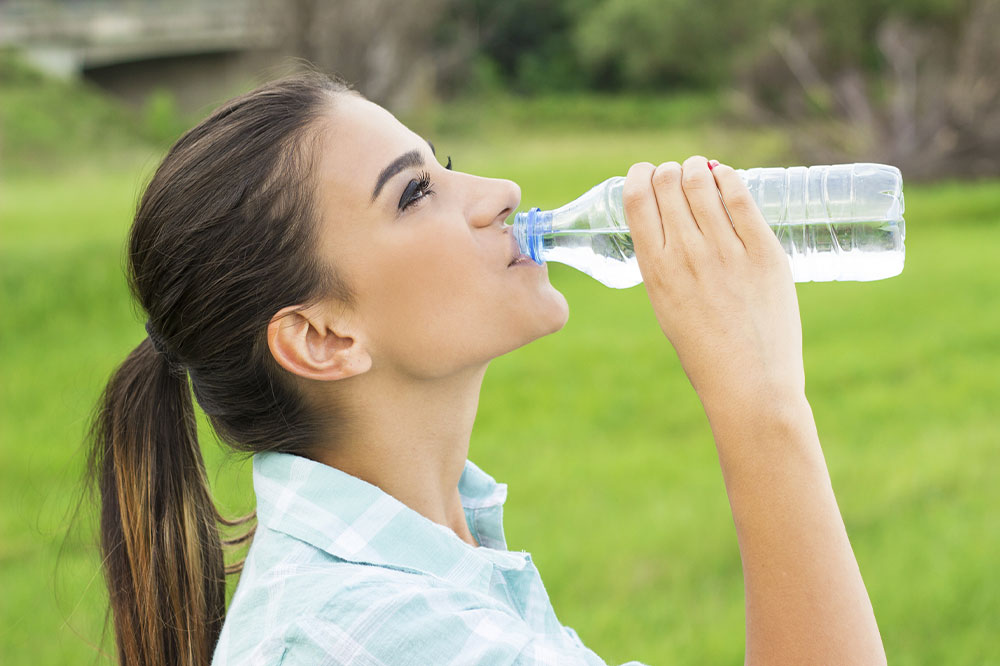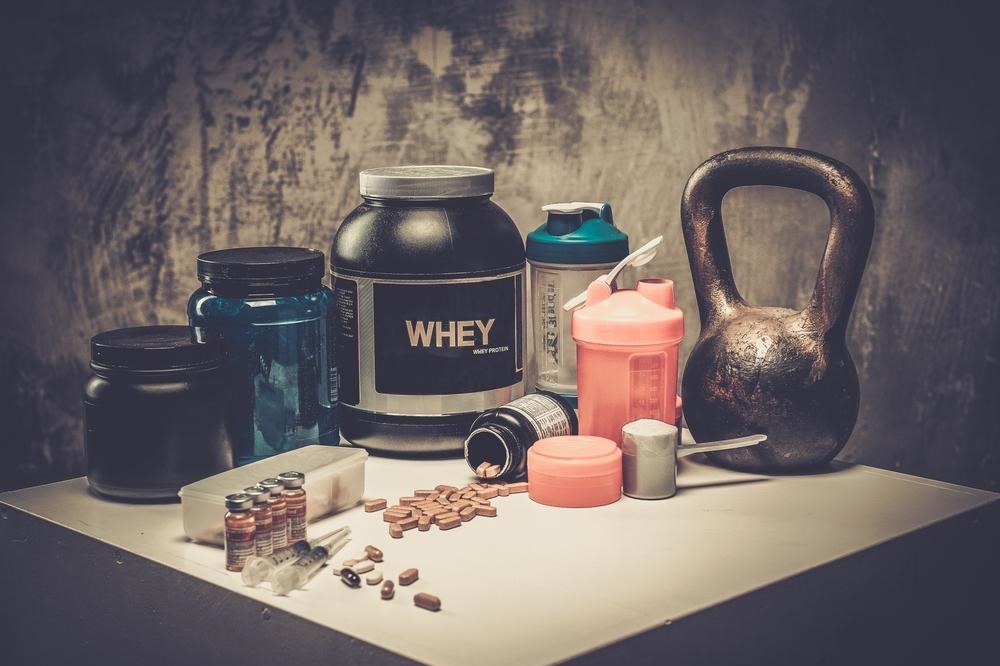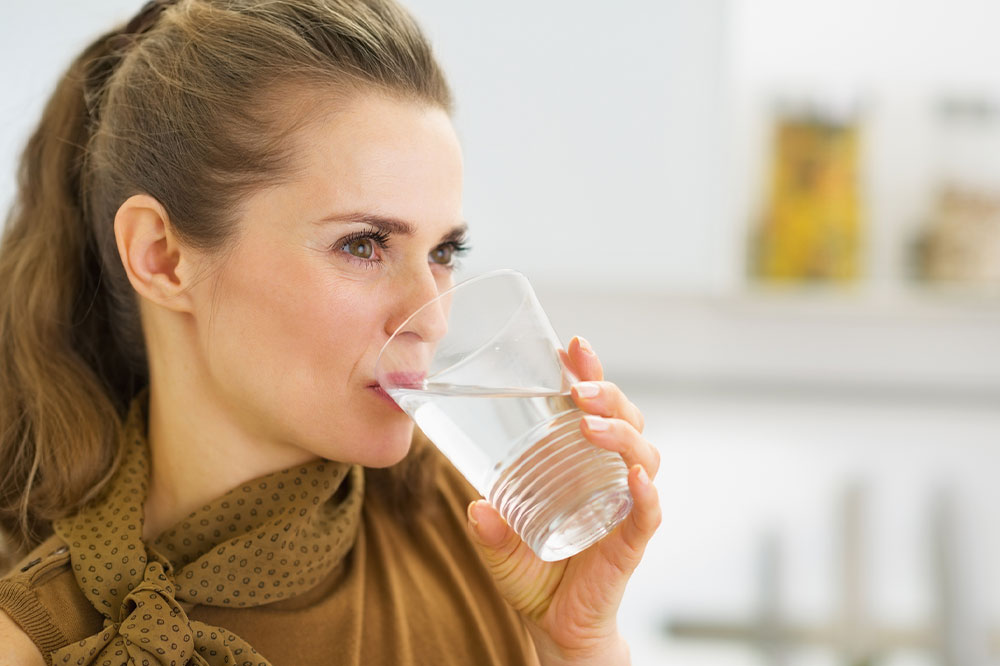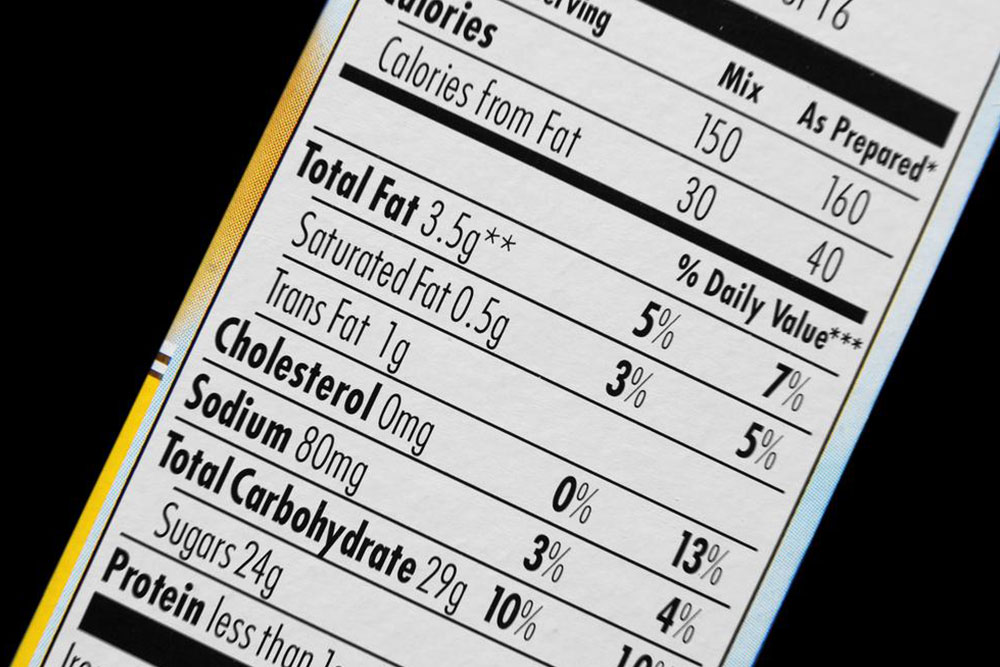Maximizing Hydration: The Best Times to Drink Water for Optimal Health
Learn about the crucial times throughout your day when drinking water can maximize health benefits. From morning rituals to exercise hydration, discover practical tips to stay optimally hydrated for improved energy, digestion, and recovery. Proper timing of water intake supports overall wellness and helps prevent dehydration-related issues, making it an essential part of a healthy lifestyle.

The Most Effective Moments to Hydrate Throughout the Day
Maintaining proper hydration is crucial for overall health, wellness, and optimal bodily functions. Experts recommend consuming approximately 8-10 glasses of water daily, which is essential for supporting the body's vital systems, including circulation, digestion, kidney function, and respiratory health. While many people recognize the importance of drinking water regularly, the timing of water intake can significantly influence its effectiveness. Properly timed hydration can boost energy, improve physical performance, aid digestion, and promote quicker recovery from illness. Here, we explore the most beneficial moments to drink water to maximize health benefits and maintain optimal hydration levels effectively.
First Thing in the Morning
Starting your day with a glass of water is one of the most effective routines for promoting hydration. After a night of sleep, your body is dehydrated, having gone several hours without water, and your energy stores may be depleted. Drinking water immediately upon waking helps rehydrate your tissues, kickstart your metabolism, and prepare your digestive system for the day ahead. Additionally, this practice can aid in flushing out toxins accumulated overnight, promoting clearer skin and better overall health. Many health experts advocate drinking a large glass of lukewarm water first thing in the morning to experience these benefits firsthand.
During Physical Activity
Physical activity increases water loss through sweating, making regular hydration crucial for maintaining performance and preventing dehydration. Whether you’re running, cycling, swimming, or doing gym workouts, sipping water consistently every 10-15 minutes can help sustain energy levels and regulate body temperature. Hydration during exercise supports muscle function, delays fatigue, and accelerates recovery post-workout. It’s advisable to drink small amounts frequently instead of large gulps, which may cause discomfort. Proper hydration not only boosts endurance but also reduces the risk of cramps and heat-related illnesses, keeping you safe and effective during your training sessions.
Before Meals
Drinking a glass of water before meals has multiple health benefits. Often, feelings of hunger are misinterpreted thirst signals; staying hydrated can help control appetite and prevent overeating. Consuming water about 30 minutes prior to eating can facilitate digestion, prepare your stomach for food, and improve nutrient absorption. Additionally, water can help slow down the eating process, giving your brain time to register fullness, which is beneficial for weight management. If you feel hungry shortly after a meal, waiting a few minutes before snacking can also help determine if the feeling is genuine hunger or dehydration-induced cravings.
When You Feel Tired or Drowsy
Fatigue and low energy levels are often linked to dehydration, yet many overlook hydration as a remedy. Drinking water during mid-day dips can restore alertness, improve concentration, and elevate mood. Dehydration reduces oxygen flow to the brain and impairs cognitive functions, making hydration a simple yet effective way to boost mental clarity. If you're experiencing sluggishness or difficulty focusing, drinking a glass of water can immediately help rejuvenate your energy levels. Incorporating regular hydration breaks throughout the day ensures you stay alert, productive, and energized.
When Feeling Sick or Under the Weather
Staying well-hydrated during illness is vital, especially when experiencing symptoms like fever, chills, congestion, or digestive disturbances. Fever often causes increased fluid loss, and inadequate hydration can prolong recovery times. Drinking plenty of water helps to regulate body temperature, supports immune function, and flush out toxins. When sick, appetite may decrease, making it even more important to sip fluids consistently to prevent dehydration. While hot tea, broths, and electrolyte drinks can also help, plain water remains the most accessible and effective means of hydration. Avoiding caffeinated beverages or alcohol during illness is equally critical, as these can dehydrate the body further.
In summary, understanding and implementing the right timing for water intake throughout the day can greatly enhance hydration benefits, improve overall health, and support your body's daily functions. Developing a routine that incorporates drinking water at these strategic moments can lead to better health outcomes, enhance physical performance, and promote long-term wellness.





